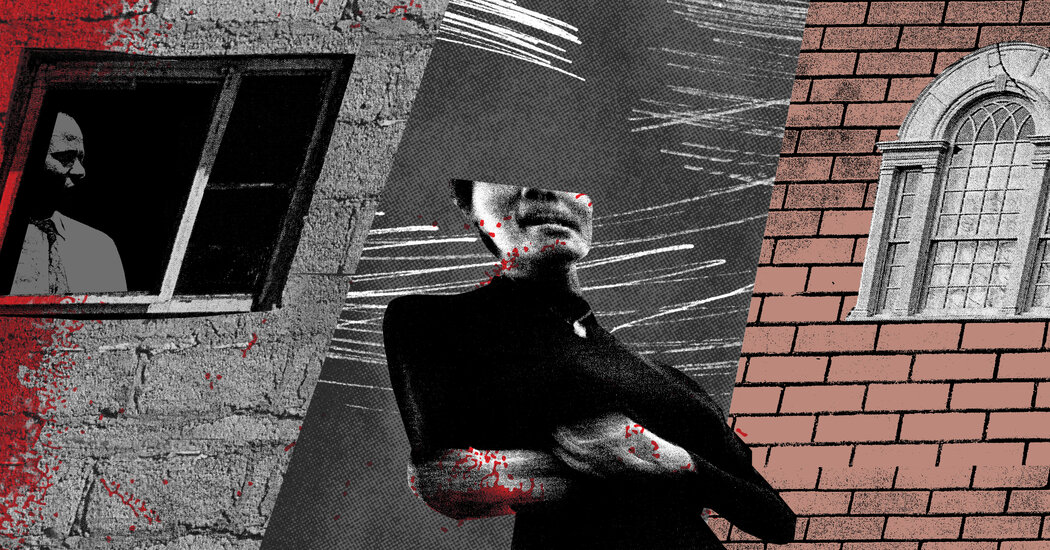CASUALTIES OF TRUTH, by Lauren Francis-Sharma
Each of Lauren Francis-Sharma’s three novels begins with a calculated killing. In her 2014 debut, “’Til the Well Runs Dry,” a desperate Trinidadian girl catches and slaughters a wild opossum to feed her family. In 2020’s “Book of the Little Axe,” a band of Crow boys stalks and takes down a bighorn sheep on a hunting expedition. Now, in “Casualties of Truth,” Francis-Sharma’s tense, timely new novel about the monstrous legacy of South African apartheid, the killing in the opening pages is of a man. Like the opossum and the sheep, he is also being hunted for sustenance, albeit sustenance of a different, darker, figurative kind.
The deceased is a white policeman in 1996 Johannesburg. At the book’s outset, he is lamenting Mandela’s presidency and his own perceived loss of power under it, limping from injuries sustained during an unexplained altercation with an American girl. In the early hours of the following morning, his throat is slit by an unseen assailant. We later learn that the policeman’s execution was an act of revenge: an attempt to claim justice for other stolen lives, for stolen dignity, for the stolen agency of an entire traumatized country. But at what cost? This is the uneasy question at the center of the story: Can we ever really atone for violence without more violence? And can we survive what has been done to us without sacrificing our own humanity in the process?
From 1996 Johannesburg, the novel flashes forward to 2018 Washington, D.C., where Prudence Wright and her husband, Davis, are by all outward appearances very happily married. The Wrights are wealthy, successful and attractive, and they own an enormous home in Bethesda, Md. While Prudence contends that they are not a real Black Washington power couple, “at least not in the way Black Washingtonians knew Black Washington power couples to be,” she and Davis still turn heads when they enter a room together.
The Prudence we meet in 2018 is guarded, carefully composed, the kind of woman who has sharpened herself to a point out of self-preservation. After a tragedy-scarred childhood in Baltimore, she went on to earn three Ivy League degrees and a partnership at McKinsey before stepping back from her career to stay at home with her autistic son.
